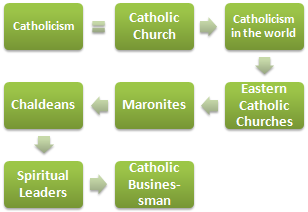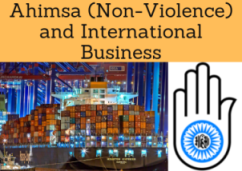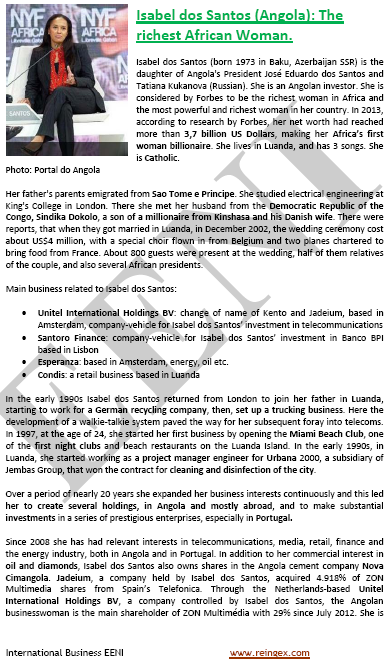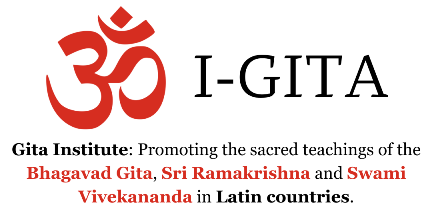Catholicism, Ethics, Business. Catholic Church

Ethical Principles of Catholics (Christianity) influence on business
The Subject “Catholicism, Ethics and Business” consists of six parts:

1- Introduction to Catholicism.
- Introduction to the Catholic Church (Christianity)
- Pope of Rome
- Doctrine of Papal Infallibility
- Holy Eucharist (Catholic Sacrament)
- Eastern Catholic Churches
- Case Study: Caritas
2- Catholicism in the World
3- Catholicism and the Western Civilization.
4- Catholic Spiritual Leaders.
5- Catholic Businesspeople
- Amancio Ortega (Spain)
- Antonio Moraes and John Robert Marinho (Brazil)
- Luis Carlos Sarmiento Angulo (Colombia)
- Thomas Monaghan (v)
- Carlos Slim (Mexico)
- Nadhmi Shakir Auchi (Iraq)
- Isabel dos Santos (Angola)
6- Catholic intellectuals and personalities:
The purposes of the subject “Catholicism, Ethics and Business” are the following.
- To understand the fundamentals of Catholicism
- To know the fundamental role of the Catholic Church and Pope of Rome in Catholicism
- To understand the ethical principles of Catholicism
- To learn about the influence of Catholicism on business
- To analyze the figures of Catholic businesspeople and personalities
- To know the distribution of Catholicism in the World
- To analyze the role of Catholicism on the Western Civilization

The Subject “Catholicism, Ethics and Business” belongs to the following Online Programs taught by EENI Global Business School:
Course: Christianity & Business.

Doctorate: Ethics, Religion & Business.
Master: Religions and International Business
Languages:  or
or
 Catolicismo
Catolicismo  Catholicisme.
Catholicisme.
Catholicism (Ethics and Business)
Christianity is the most “globalized” religion (in Greek, Catholic means “universal”), with about 2,300 million followers worldwide, followed by Islam with 1,977 million, and Hinduism.
Namely, one-third of humanity is Christian. About half of Christians are Catholics (1,200 million).
50% of all Christendom is Catholic, 37% Protestant, and 12% Orthodoxy. The other Christian traditions (Mormons, Jehovah Witnesses) represent 1% of all Christendom.
Roman Catholicism, based in Rome, is the majority in Central and Southern Europe, Ireland, and South America.
Number of Catholics (million people):
- America: 515
- Europe: 236
- Africa: 173
- Asia: 123
- Oceania: 7
From the organizational point of view, if there is anything that can define Catholicism is the Catholic Church and the figure of Pope.
Jesus came to the earth to show the way of the salvation. Therefore, these teachings taught twenty centuries ago, should be available to the future generations; this is possible through the Bible. However, it will be necessary to interpret the Bible. Moreover, the only entity that can interpret the teachings of the Bible is the Catholic Church.
This concept of the Church as the sole interpretive authority is fundamental to understand Catholicism.
Papal Infallibility.
Derived from the principle of Papal Infallibility, there is the dogma of Papal Infallibility. The Pope of Rome as the successor of St. Peter, and the highest authority of Catholicism, when pronounced in a public way on a topic related to the faith or morals (“Solemn Pontifical definition”), God, through the Holy Spirit protects him from any error.
In matters of faith, the Pope cannot be wrong.
This “Papal definition” is not debatable. In any case, today, on very few occasions the Pope uses this privilege and is almost always done by a consensus. A Catholic must, therefore, accept this principle.
The Catholic Church maintains the exclusivity of Jesus teachings and defines the way in which a Catholic must behave, the Church teaches to Catholic how he should live to follow the teachings of Jesus correctly.
The Church, as God earthly representative, is the institution that monopolizes the teachings through the Sacraments. Catholic, Orthodoxy, and Copts share the same seven Sacraments.


The main Catholic Sacrament is the Holy Eucharist, Mass. For a Catholic, the Mass symbolically represents the reconstruction of the Last Supper of Christ, in which he offered bread and wine to his disciples.
A curious fact about Catholicism is that its highest authority, the Pope of Rome, is also the Head of State. It is the only church in the World that also has a country: The State of the Vatican City, the smallest independent state in the world, both in population (800 people) and size. No other religion has a “Central State.”
The current Pope of Rome, Francisco, is the Argentinian Jorge Mario Bergoglio (Buenos Aires, 1936).
Sample:
(c) EENI Global Business School (1995-2024)
We do not use cookies
Top of this page




